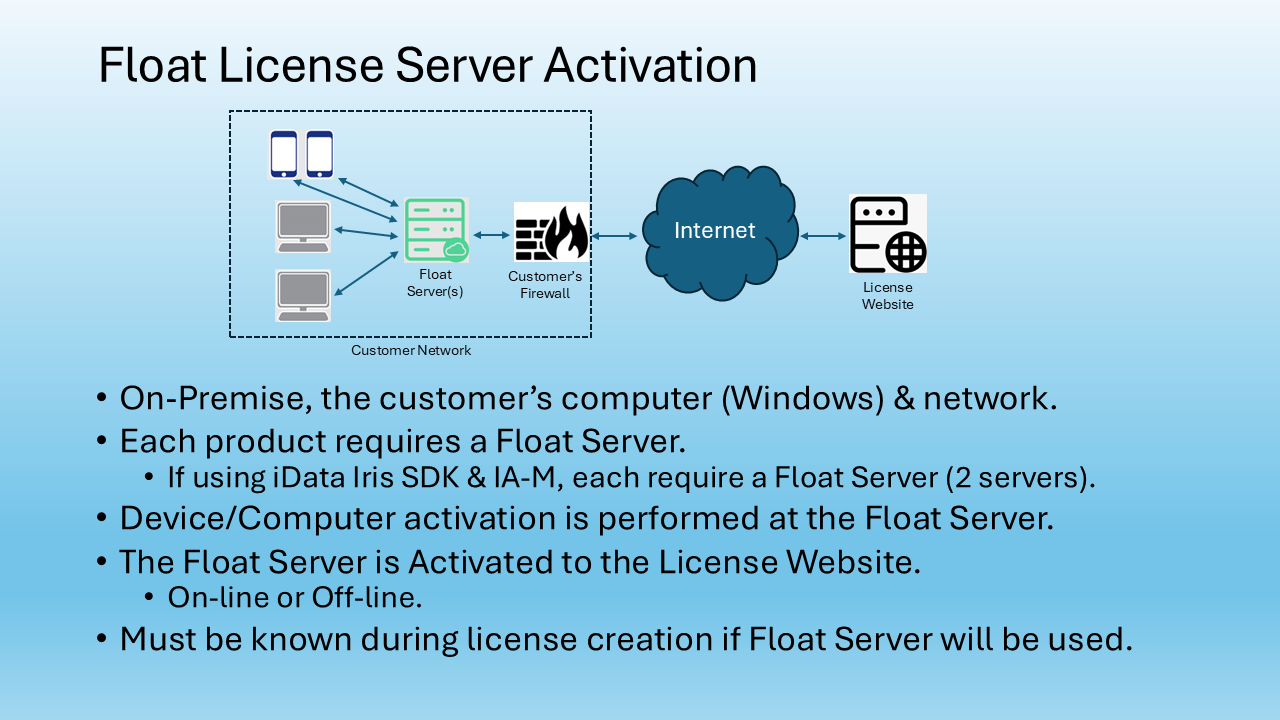By Mohammed Murad
It’s not too early to plan for how to maximize the benefits of a COVID-19 vaccine. Once approved vaccines are available, both public and private organizations will want to know who has been vaccinated for employment, transportation, education and other opportunities.
Health cards aren’t entirely reliable as they can be lost, stolen or lent to another person. A biometric solution plays a vital role by accurately identifying those inoculated. Here’s a look at how a biometric program currently used in India is helping curb rising incidents of tuberculosis.
Although curable, TB can kill if not treated. In India, the disease is causing double the combined number of deaths due to AIDS, smallpox and cholera. And TB impacts the patients’ lungs leaving them highly susceptible to the effects of COVID-19.
Ensuring TB patients receive proper treatment is critical. When a patient visits a medical center for medication, the person’s identity is verified using iris scans. With real-time information, the medical staff knows who missed a dose and visits those people to provide medication. A mobile device scans the patient’s iris to ensure the proper person is receiving the treatment.
The iris is ideal for non-contact identity authentication as its patterns are unique to each individual. Also, since the patterns form during the first year of life, children can be enrolled in the program and be accurately identified.
Tracking who has immunity to new diseases such as COVID-19 requires novel approaches. Iris-based identity programs have been proven capable of meeting the task. And the requirement for those vaccinated to carry a card or remember a password is eliminated
Contact us for more information on how our Iris ID technology is used for health purposes, access control, time and attendance and many other solutions.
(Mohammed Murad is vice president, global sales and business development, Iris ID)


